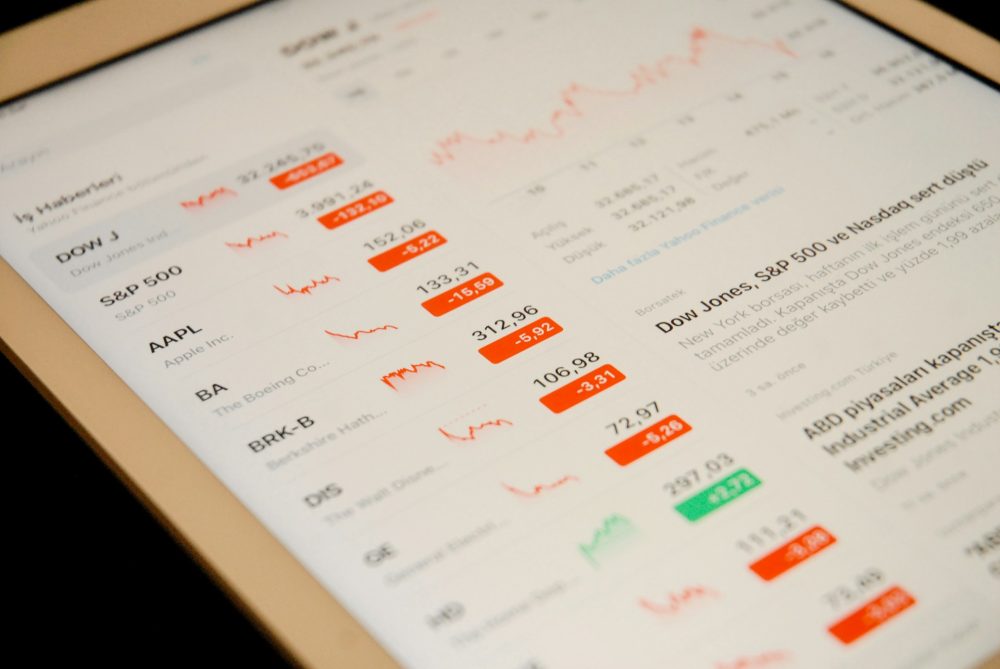Crowdfunding
The Challenge of Italian Crowdfunding in 2023: Consolidation, Regulations and Opportunities
2023 has presented significant challenges and opportunities for crowdfunding in Italy. Platforms are trying to adapt to a new regulatory and competitive landscape, facing obstacles such as tax disparity and the complexity of European authorizations. Consolidation and aggregation seem to be the trending real estate crowdfunding, with some smaller platforms facing difficulties in finding quality projects.

According to the BeBeez editorial team, 2023 will be an indelible year in the history of Italian crowdfunding portals. This year saw the entry into force of the long-awaited European Regulation on Crowdfunding, which broke down the barriers imposed by member states to the raising of capital by foreign platforms.
In Italy, this has led, among other things, to the removal of the obligation to raise at least 5% of the capital from professional investors, opening the doors to new prospects on a continental scale.
Read more about the Italian crowdfunding sector and find the latest financial news of the day with the Born2Invest mobile app.
The crowdfunding market consolidation has started
However, the Italian portals presented themselves at this turning point with very different conditions. The entry into force of the Regulation on 10 November 2023 accelerated the process of market consolidation, highlighting the polarization around leading operators in each segment.
For example, Mamacrowd, controlled by the Azimut group, accounted for almost 60% of the equity crowdfunding raised in 2023.
Similar situations emerged for Recrowd in real estate lending crowdfunding and Walliance in equity crowdfunding of real estate projects, which dominated their respective market segments.
The impact of the new European Regulation
While the new European Regulation has opened up new opportunities, it has also created new burdens. Smaller operators may struggle to survive, considering that obtaining authorization to operate at a European level has been more difficult for Italian portals than their European counterparts.
Authorization is granted by national authorities, such as Consob and the Bank of Italy in Italy, which may apply stricter standards than EU rules.
But in Italy, the authorization process has been slowed down due to delays in the transposition of community legislation and in the designation of the competent authority. Only starting from the second half of June were the Italian platforms able to submit the first authorization applications, and the waiting times were considerable, often exceeding 5-6 months.
The uneven treatment compared to foreign platforms and the long waits have led to a disparity in authorization operations. Only 19 of the 83 platforms previously operating in Italy have obtained European authorization to date.
The disadvantages compared to platforms from other European countries
The Italian platforms found themselves at a disadvantage compared to the European ones, which completed the process a year earlier , gaining a competitive advantage over the Italian market.
The authorization process was more rigorous for Italian platforms, which had to answer detailed questionnaires on investor profiles and eligibility, unlike their European counterparts who faced a smoother process.
A critical aspect has emerged in the context of debt crowdfunding, where the fiscal disparity in the treatment of interest can be penalizing. For example, in Spain, portals act as withholding agents, withholding a 19% withholding tax on interest, while in Italy the withholding tax is 26%, but the investor still has to pay his marginal rate, which can exceed 40%. This disparity could push investors towards foreign platforms.
Another obstacle is represented by the lack of an authorized secondary market in Italy, unlike other European countries such as Spain. This lack of liquidity can affect investments. Furthermore, Italian legislation prevents retail investors from subscribing to debt securities issued by limited liability companies (srl) on platforms, such as minibonds, further complicating the scenario.
Italian platforms abroad
Some platforms have anticipated these challenges by opening branches abroad. For example, Ener2Crowd opened a branch in Madrid in 2022, anticipating the entry into force of the EU Regulation. Walliance has acquired French platform Lymo Finance to diversify investment opportunities.
Platforms are adopting different strategies to address these challenges. Walliance acquired Lymo Finance to expand into new markets, while Recrowd aims to consolidate in Italy before exploring international opportunities in 2024. However, the larger platforms appear focused on consolidation and achieving critical mass domestically for now.
The success of real estate crowdfunding
Real estate crowdfunding has demonstrated a different dynamic from other segments, with significant growth. Platforms are trying to attract investors through more readable and stable real estate opportunities than startups.
Consolidation and aggregation seem to be the trend of the moment, with some smaller platforms facing difficulties in finding quality projects to present to investors.
In conclusion, 2023 has presented significant challenges and opportunities for crowdfunding in Italy. Platforms are trying to adapt to a new regulatory and competitive landscape, facing obstacles such as tax disparity and the complexity of European authorizations.
The search for sustainable strategies and the need for consolidation outline the future of Italian crowdfunding.
__
(Featured image by juliacasado1 via Pixabay)
DISCLAIMER: This article was written by a third party contributor and does not reflect the opinion of Born2Invest, its management, staff or its associates. Please review our disclaimer for more information.
This article may include forward-looking statements. These forward-looking statements generally are identified by the words “believe,” “project,” “estimate,” “become,” “plan,” “will,” and similar expressions. These forward-looking statements involve known and unknown risks as well as uncertainties, including those discussed in the following cautionary statements and elsewhere in this article and on this site. Although the Company may believe that its expectations are based on reasonable assumptions, the actual results that the Company may achieve may differ materially from any forward-looking statements, which reflect the opinions of the management of the Company only as of the date hereof. Additionally, please make sure to read these important disclosures.
First published in Crowdfunding buzz. A third-party contributor translated and adapted the article from the original. In case of discrepancy, the original will prevail.
Although we made reasonable efforts to provide accurate translations, some parts may be incorrect. Born2Invest assumes no responsibility for errors, omissions or ambiguities in the translations provided on this website. Any person or entity relying on translated content does so at their own risk. Born2Invest is not responsible for losses caused by such reliance on the accuracy or reliability of translated information. If you wish to report an error or inaccuracy in the translation, we encourage you to contact us.

-

 Markets2 weeks ago
Markets2 weeks agoNavigating the Fourth Turning: Cycles of Crisis and Opportunity
-

 Cannabis4 days ago
Cannabis4 days agoIs Aurora Cannabis Stock a Risk Worth Taking?
-

 Impact Investing2 weeks ago
Impact Investing2 weeks agoEU Eases CO2 Tax Burden on SMEs with Revised CBAM Rules
-

 Business6 days ago
Business6 days agoAmerica’s Debt Spiral: A $67 Trillion Reckoning Looms by 2035

























